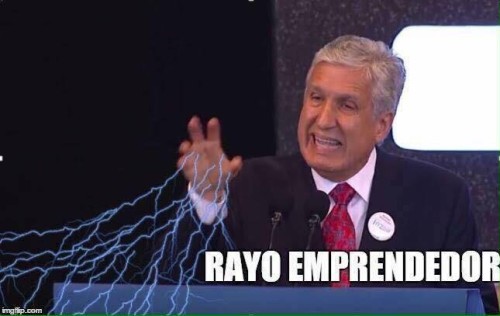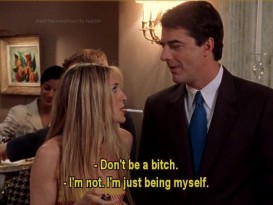--Originally published at Mental Droppings of a Tired Student
Chances are, you’ve had the need for a secure secret form of communication at least once in your life. Let’s say you’re planning on cheating on an exam with the help of a friend, and have the need to deliver a message without disclosing that message to prying eyes… how to achieve total security that this message won’t be intercepted by say the teacher? And if it is intercepted make it seem as innocent and unrelated to the actual topic the message itself is about?

Let’s get some ideas on how to be sneaky and how being a sneaky bastard makes you big bucks in the fair kingdom of technology.
Cryptography is the art of protecting information by transforming it into an unreadable format, called cipher text. Only those who possess a secret key or the correct instructions can decipher the message. All of our information is encrypted and the method used to encrypted give the information more or less security.

The earliest form of cryptography was the simple writing of a message, as most people could not read. In fact, the very word cryptography comes from the Greek words kryptos and graphein, which mean hidden and writing, respectively . Let’s look at some cool old forms of cryptography shall we?
The oldest trick in the book, so to speak, is called the Caesar Shift Cipher. It consists of wrapping a tape around a stick, and then writing the message on the wound tape. When the tape was unwound, the writing would be meaningless. The receiver of the message would of course have a stick of the same diameter and use it to decipher the message. It utilized the idea of shifting letters by an agreed upon number (three

























